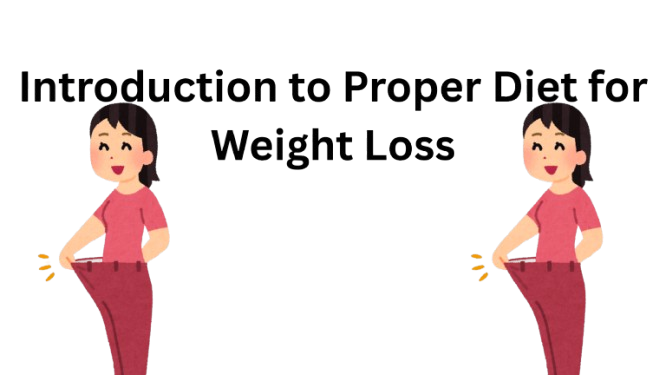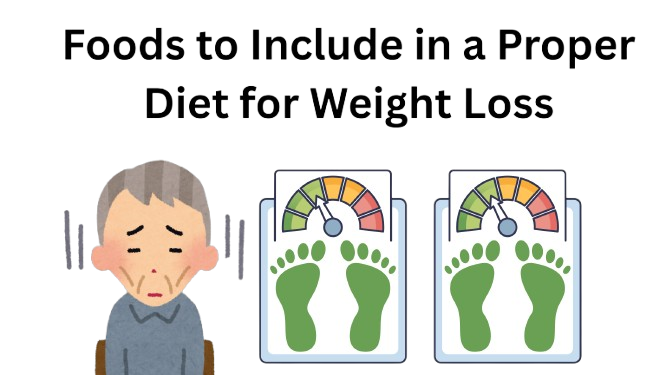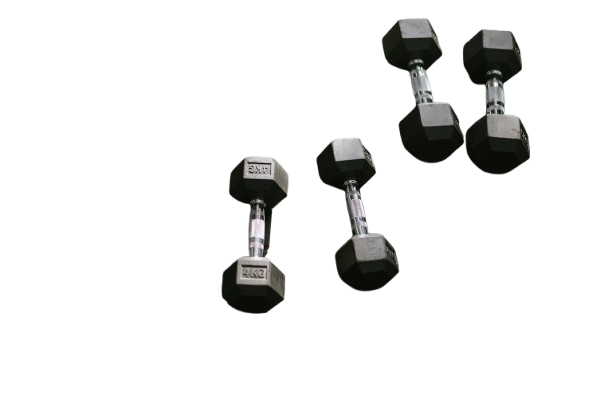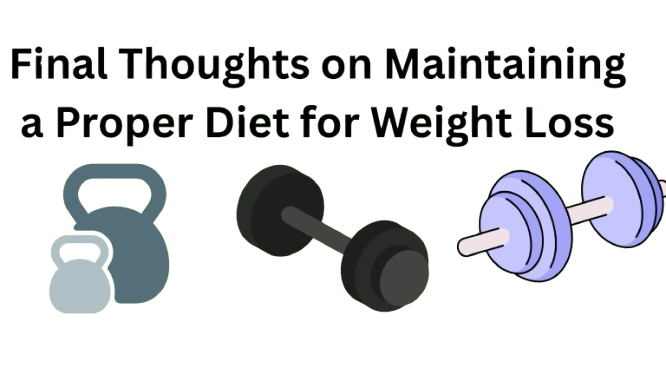Introduction to Proper Diet for Weight Loss
Perhaps the most effective strategies the world has to offer for achieving and maintaining good health is following an appropriate weight loss diet. Proper dieting is about nutritional balance, long term restriction of eating habits, and calculated calorie intake. Fad dieting which promises instant results, is contrary to proper dieting. Dieting is not an issue of fasting,
it is about eating and abundance of nutrients to nourish your body and promote overall wellness. Proper weight loss dieting includes the whole foods: lean protein, fresh fruits and vegetables, whole grains, and good fats. These foods offer satiety which equates to minimal, healthy, and controlled nutrient spillage.
Alongside, a reduction in consumption of fast foods, sweetened snacks and beverages, and other high processed, calorie dense foods is vital to establish and maintain a healthy nutritional deficit, and still offer good quality sustenance.
Last but not least, Proper dieting is not the definition of universal promiscuity. Every body is responsive. It is necessary to adjust one’s dieting plan to one’s lifestyle, personal preferences and goals. This yields better results. Focusing on portioning, mindless eating, and automation, one can lose weight consistently, and form habits for better living.

Key Principles of a Proper Weight Loss Diet
A well-adjusted and well-structured approach to dieting for losing weight is to create a system which is sustainable and easy to follow. For weight loss it is not sufficient to simply cut down on some calories. It is essential to provide the body with the necessary nutrients while maintaining a caloric deficit.This suggests caloric intake is below expenditure but is matched with a stably energetic metabolism and muscle preservation.
A major tenet of a weight loss program is the emphasis on whole unprocessed foods that are rich in nutrients. Meals with adequate proportions of lean proteins, fresh vegetables, fruits, whole grains and healthy fats ought to be the standard. Not only are these foods lower in calories but they are also rich in several essential vitamins, minerals and fibers which keeps.
Equally important to a weight loss program is the restriction of processed foods, sweetened beverages, and refined carbohydrates in order to keep progress consistent.

Another core tenet of a weight loss program is the awareness of portion sizes, and the concept of mindful eating. Portion controll helps to minimize the chances of overeating while mindful eating encourages the enjoyment of food without the feeling of guilt that is often associated with food.
When added to sufficient water intake and regular exercise, these habits transform dieting into a permanent lifestyle change as opposed to a temporary solution. This makes the process of losing weight much easier and sustainable for the future.
Foods to Include in a Proper Diet for Weight Loss
Equally important is choosing the right foods while on a caloric deficit aimed at weight loss. Focusing on foods with a higher nutrient density will help you feel satiated, replenished, and happy while still within the restricted calorie range. Protein-rich foods such as lean meat, chicken, fish, eggs, legumes and beans are gateway foods for muscle growth and metabolic accelerator and are a champion in any weight loss strategy.
Fresh fruits and vegetables are the other essential pillar in a proper weight loss diet. Being low in calories and high in dietary fiber, they support proper digestion and overall wellbeing. Leafy greens, berries, carrots, and bell peppers will add color and taste to your food, and at the same time, will help you feel fuller for a longer period to assist in managing your urges to indulge in unhealthy snacks.
Whole grains, in addition to balanced and healthy fats, are the other equally important constituents of a healthy weight loss diet. Fats in foods like avocados, nuts and seeds, and olive oil, together with quinoa and brown rice, provide essential fatty acids and low-GIycemic Index carbs that help in sustained energy release and blood sugar control. Together with right amount of other foods, these will help your body achieve adequate and balanced nutrition for sustained and healthy weight loss.

Common Mistakes to Avoid in a Weight Loss Diet
An obstacle that many individuals face when attempting to lose weight is making fairly innocent mistakes that impede their success. Knowing which mistakes to avoid when dieting to lose weight is vital to achieving long-term success.
One of the biggest mistakes that people make is skipping meals or changing your diet so drastically that it begins to slow your metabolism and potentially leave your body deficient in nutrients. Instead, you should concentrate on eating a healthy, well-balanced diet that allows you to stay energized and under calories.
Another frequent mistake in a weight loss diet is relying too much on processed “diet” foods. Sometimes these foods have hidden sugars, unhealthy fats, and/or artificial ingredients loaded to sabotage your success. Your body should be getting the nutrients it needs to help burn fat if you have enough whole, natural foods and limit processed snacks.

In addition, many individuals make the mistake of not focusing on portion control and the concept of mindful eating. Overeating even healthy foods can prevent fat loss, while eating too fast, may lead to poor digestion and limited satisfaction with the amount consumed. Concentrating on paying attention to hunger, eating slow, and planning ahead are all keys to staying clear of mistakes and successfully continuing on a proper diet to lose weight.
Final Thoughts on Maintaining a Proper Diet for Weight Loss
Weight loss diets require discipline, persistence, and an emphasis on long-lasting habits. Quick and extreme diets will produce great results initially, however, the results are likely to be short lived and, come at the possible expense of your health. By focusing on balanced nutrition, portion control and regular physical activity, you can ensure that weight loss is gradual and sustainable.
In addition, it is crucial to be flexible and customize your diet for weight loss to suit your lifestyle and habits. One day of occasional indulgence, a social gathering, or a busy schedule should not severely impact your goals. You can diet for weight loss while being flexible and without restrictions by planning meals ahead of time, tracking your nutrition, and paying attention to your body’s signals of hunger.
Finally, sustaining results is about more than just food and acting upon food. It is much more beneficial to weight management and total wellness to couple a healthy diet with appropriate amounts of sleep, hydration, and stress management. You will not only be able to lose weight effectively following these guidelines, but you will also create a consistent healthier, more active lifestyle that is sustainable for years to come.

conclusion
A healthy weight loss diet is also as much a lifestyle as it is a short-term plan. It entails eating healthy, portion control as well as lifestyle habits that one can change for the long term. Focusing on whole foods, low-fat meats, fruits, vegetables and healthy fats can create a non-stop cycle of weight loss while sustaining energy and good health.
Avoiding the common pitfalls of skipping meals, overeating, highly processed “diet” foods are also important if one wants maintain or have long term success. Mindful eating, meal planning and adhering to nutrition goals will be important when it comes to maintaining results.
Ultimately, being healthy through diet for weight loss is really about routines and creating healthy lifestyle habits that will benefit your overall health long term. And together with regular exercise, proper hydration and managing stress, you not only achieve your weight loss goals, but a sustainable health complete with lifestyle skills that last.


